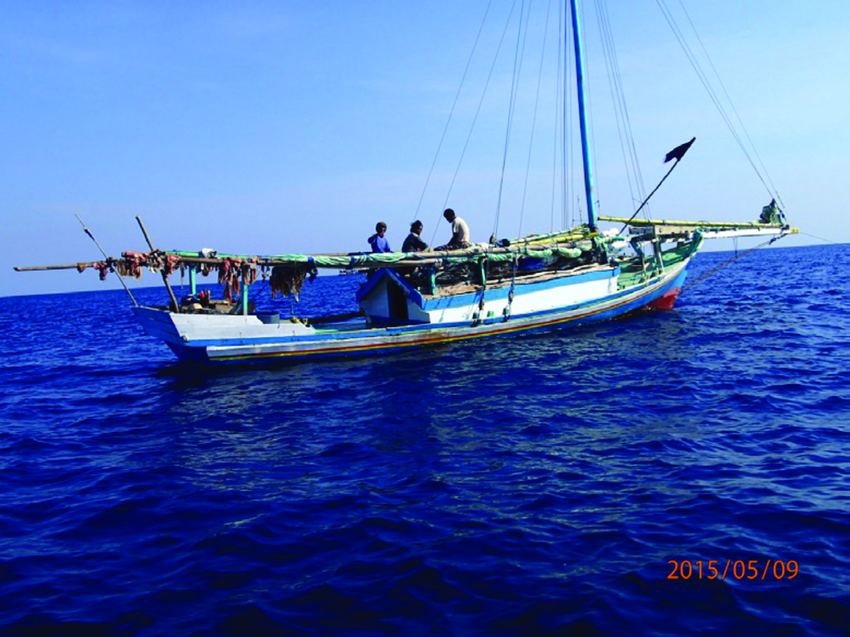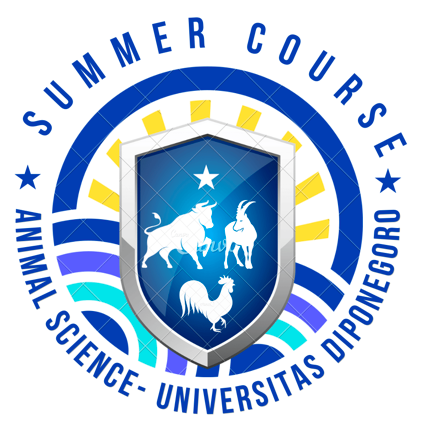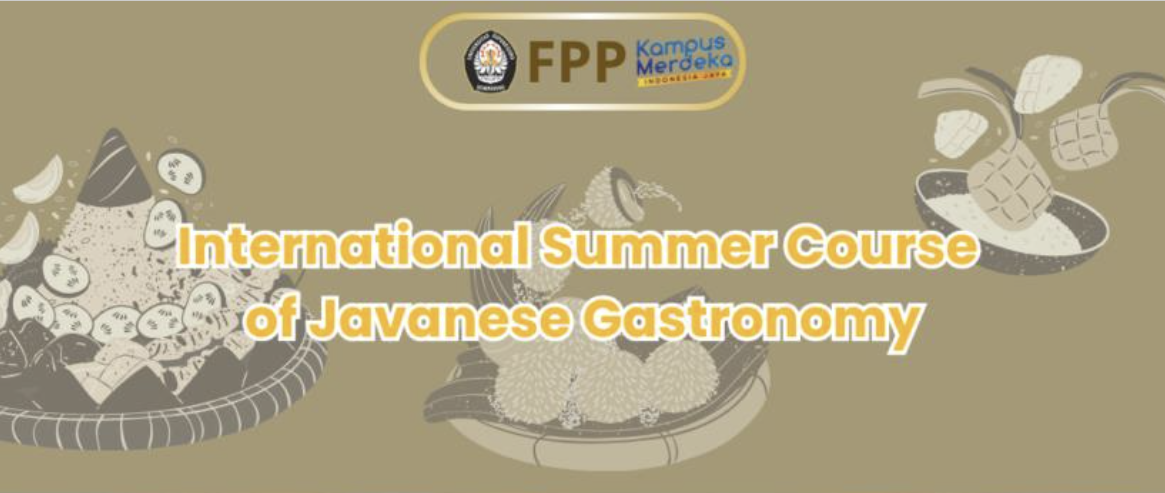
PSYCHE Summer Course 2025: Integrating Cultural Wisdom and Digital Innovation for Empowering Mental Health in Communities
Course Description:
The PSYCHE Summer Course 2025 is an interdisciplinary program designed to explore the intersection of cultural diversity, technology, and mental health. This course aims to equip participants with the knowledge, skills, and tools necessary to understand and address mental health challenges in diverse communities through innovative technological solutions.
Participants will engage in interactive lectures, hands-on workshops, and collaborative projects, focusing on how cultural factors influence mental health perceptions, stigma, and treatment approaches. The course emphasizes the importance of cultural competence and ethical considerations when leveraging technology in mental health interventions.
Key topics include:
The impact of cultural diversity on mental health
Technological innovations in mental health care
Cross-cultural communication and empathy
Digital tools for mental health assessment and support
Ethical considerations in technology-driven mental health solutions
By the end of the course, participants will be able to:
Analyze the role of cultural differences in mental health dynamics
Develop culturally sensitive strategies for mental health support using technology
Foster inclusive practices that promote mental well-being in various community settings
Collaborate effectively in multicultural teams to design mental health initiatives
Ideal for students, mental health professionals, technologists, and community leaders, the PSYCHE Summer Course 2025 offers a unique opportunity to embrace cultural diversity and harness the power of technology to make a meaningful impact on mental health in communities worldwide.

Summer Course 2025: Unlocking the Future of Agribusiness through Food Security
Food security refers to the condition where all people, at all times, have access to enough, safe, and nutritious food to maintain a healthy and active life. It is a fundamental human right and a cornerstone for overall well-being, as it impacts not only health but also social and economic stability. Food security is influenced by several factors, including food availability, accessibility, utilization, and stability. These factors must be consistently reliable to ensure that individuals and communities are not vulnerable to hunger or malnutrition.
In many parts of the world, food insecurity is exacerbated by issues such as poverty, climate change, conflict, and inadequate infrastructure. The challenge of achieving food security is particularly urgent as the global population continues to grow, placing greater demand on resources and food systems. Ensuring food security requires coordinated efforts across local, national, and global levels, focusing on sustainable agricultural practices, reducing food waste, improving distribution networks, and addressing economic inequalities. By strengthening food systems, we can help secure a stable food future for all.

Course on Soil Fertility Management (By Anasrullah)
This course provides an in-depth exploration of soil fertility management, focusing on the principles and practices essential for maintaining and enhancing soil productivity. Students will gain a comprehensive understanding of the physical, chemical, and biological properties of soil that influence fertility. The course will cover the essential nutrients required for plant growth, including macronutrients (nitrogen, phosphorus, potassium) and micronutrients, and their roles in plant physiology. Through lectures, hands-on laboratory sessions, and fieldwork, students will learn how to assess soil fertility, interpret soil test results, and develop effective nutrient management plans.
The course will delve into various soil fertility management practices, such as the use of organic and inorganic fertilizers, soil amendments, and crop rotation. Students will explore the environmental impacts of different fertility management strategies and learn how to implement sustainable practices that minimize negative effects on the ecosystem. Topics such as soil pH management, the role of organic matter, and the importance of soil microorganisms in nutrient cycling will be thoroughly examined. Case studies and real-world examples will be used to illustrate successful soil fertility management practices in different agricultural settings.
By the end of the course, students will be equipped with the knowledge and skills necessary to manage soil fertility effectively in diverse agricultural systems. They will be able to diagnose nutrient deficiencies, recommend appropriate fertilization strategies, and implement practices that enhance soil health and productivity. This course is ideal for students pursuing careers in agriculture, environmental science, and related fields, as well as for professionals seeking to update their knowledge and skills in soil fertility management.

Introduction to Indonesian Fishing Vessel Characteristic from Naval Architect Perspective
This course provides an in-depth understanding of the characteristics of Indonesian fishing vessels from a naval architecture perspective. Unlike other commercial vessels, Indonesian fishing vessels are traditionally crafted, with designs rooted in ancestral knowledge rather than formal naval architecture training.
The course offers insights into how these traditional fishing vessels have not only survived but continue to demonstrate exceptional performance in fishing operations to this day.

MINI BIPA: Popular Music in Indonesia
Course ini dibuat untuk mendukung kegiatan Summer Course Mini BIPA yang diinisiasi oleh Program Studi Sastra Indonesia, Fakultas Ilmu Budaya, Universitas Diponegoro.

EBICCS: Economics and Business International Camp and Courses

Industrial Hygiene
This online course provides an in-depth understanding of Industrial Hygiene within the field of Occupational Health and Safety. Students will learn about the anticipation, recognition, evaluation, and control of workplace hazards that may affect workers' health. The course covers key topics such as exposure assessment, toxicology, occupational diseases, ventilation, personal protective equipment , and control strategies based on the hierarchy of hazard control.
Through interactive lectures, case studies, and practical applications, students will develop the skills necessary to identify, measure, and mitigate workplace hazards, ensuring a safe and healthy work environment. This course is designed for students, professionals, and practitioners in occupational health, safety, and environmental sciences who seek to enhance their knowledge and expertise in Industrial Hygiene.

Course Health Behaviour
Health behavior refers to the actions and decisions individuals make that influence their overall well-being. These behaviors can be categorized into health-promoting behaviors, such as regular exercise, balanced nutrition, adequate sleep, and stress management, as well as health-risk behaviors, like smoking, excessive alcohol consumption, poor dietary choices, and physical inactivity.
Health behaviors are shaped by various factors, including personal beliefs, social influences, environmental conditions, and access to healthcare. Adopting positive health behaviors can reduce the risk of chronic diseases, improve mental and physical health, and enhance quality of life. Encouraging healthy habits through education, motivation, and supportive environments is essential in promoting long-term well-being.

Public Health Nutrition Course
A Public Health Nutrition course explores the relationship between nutrition, health, and disease prevention at the population level. It focuses on the principles of nutrition science, dietary guidelines, and strategies to promote healthy eating habits within communities. Students will learn about nutritional epidemiology, food policy, and the role of nutrition in preventing chronic diseases such as obesity, diabetes, and heart disease.

Summer Course Program 2025 in Animal Science
The summer course is specially designed to introduce the scope and progress of animal science in Indonesia and explore further opportunities to implement new technologies in cooperation with local and international experts from leading universities institutes and research organizations. The program gives a unique opportunity to interested students to introduce themselves to potential supervisors with their ideas to get opportunities for further studies and improve their academic career. We welcome you all on board to experience and learn from this exciting opportunity

